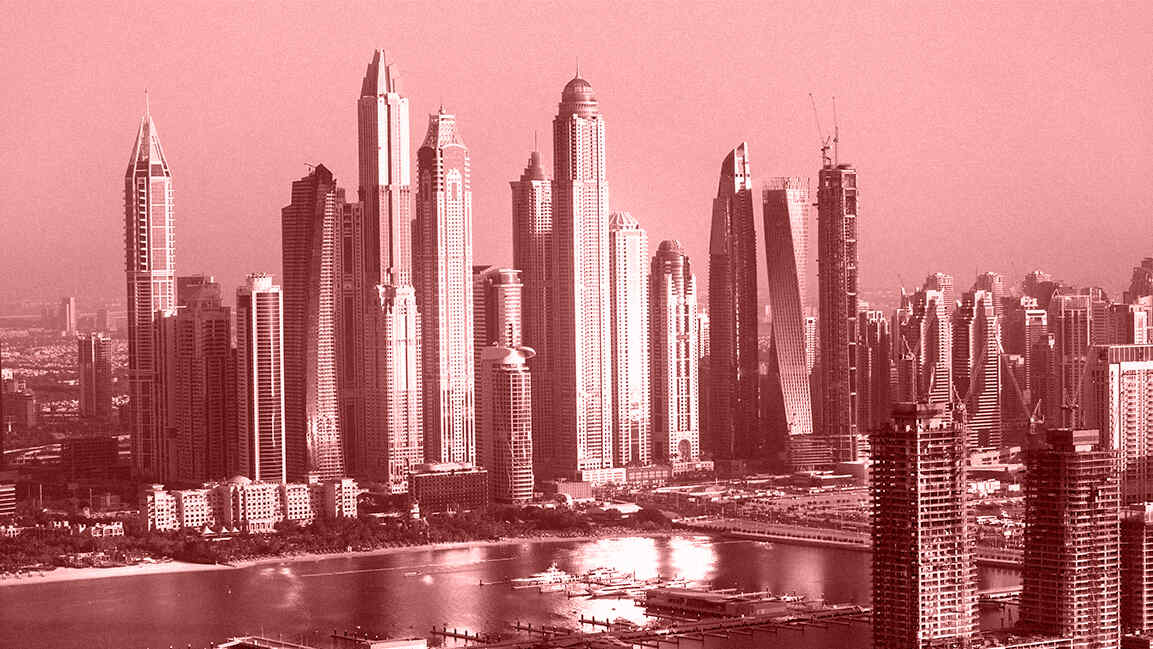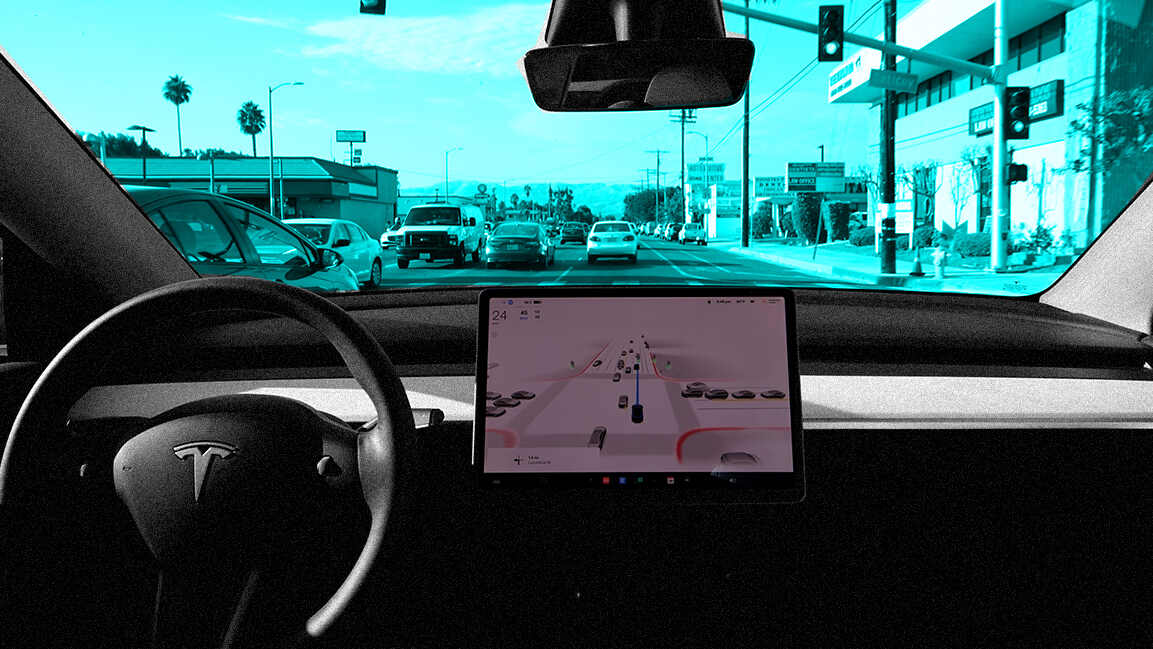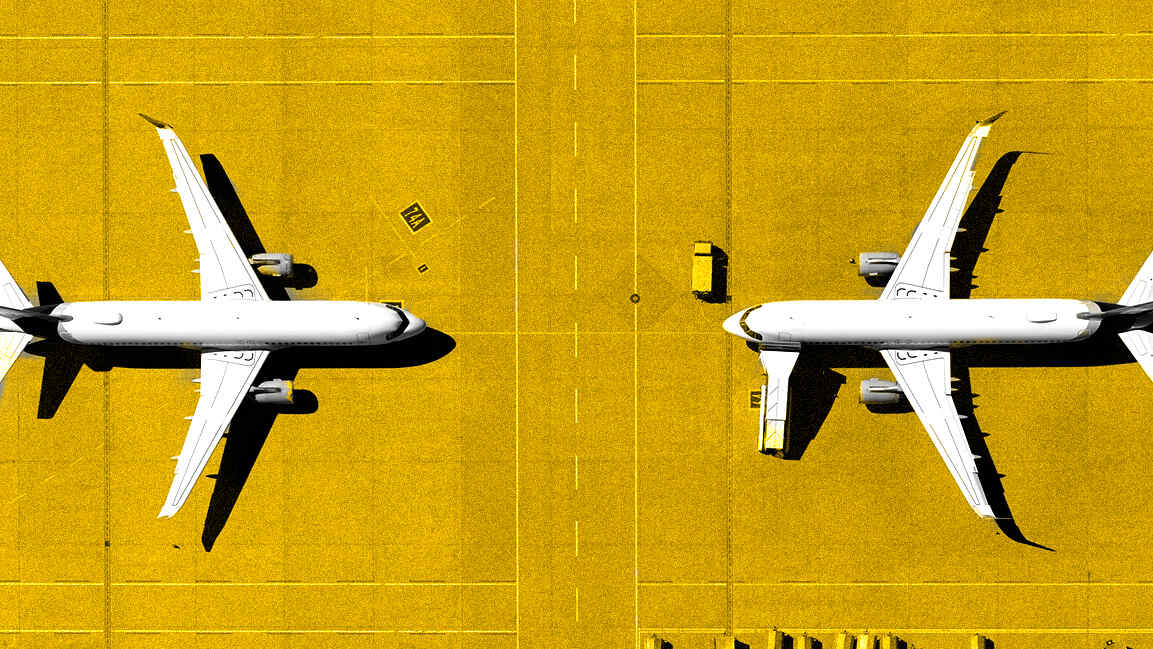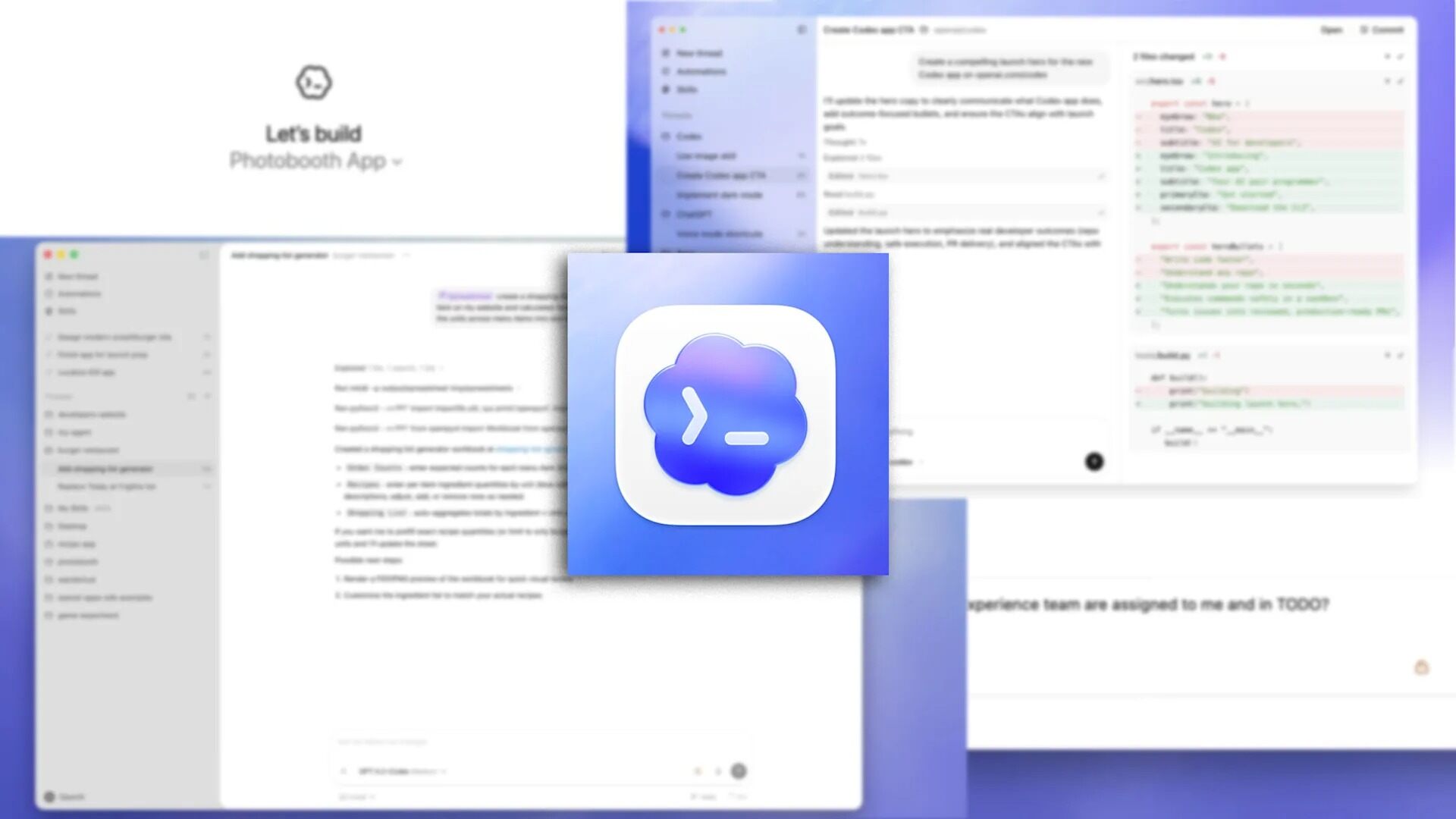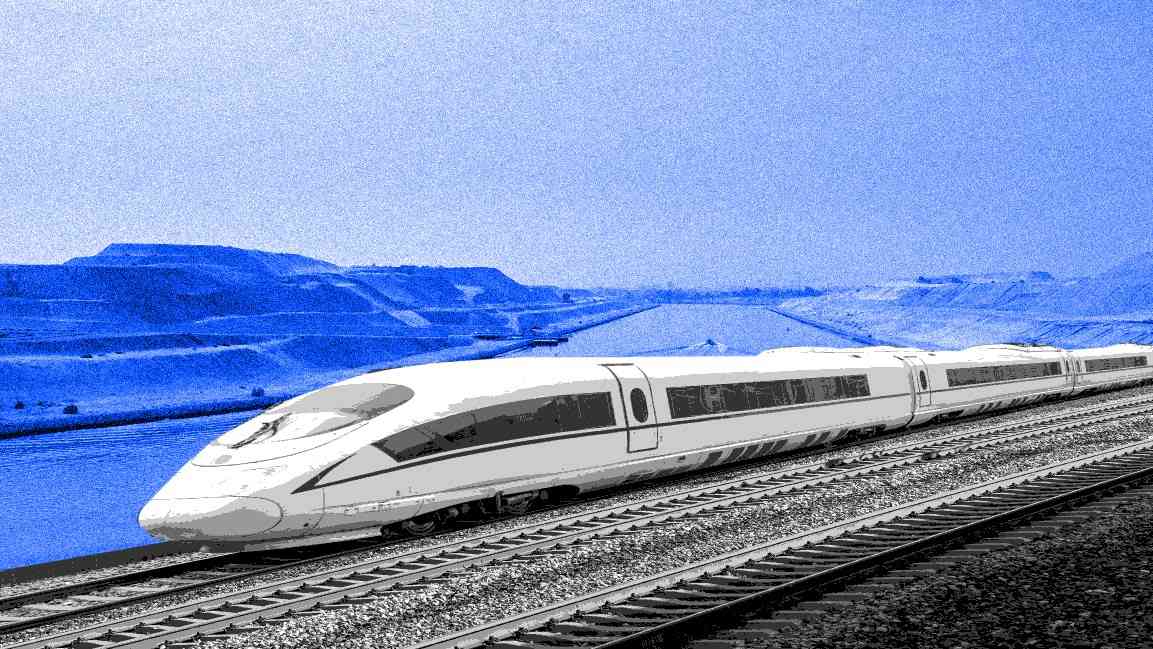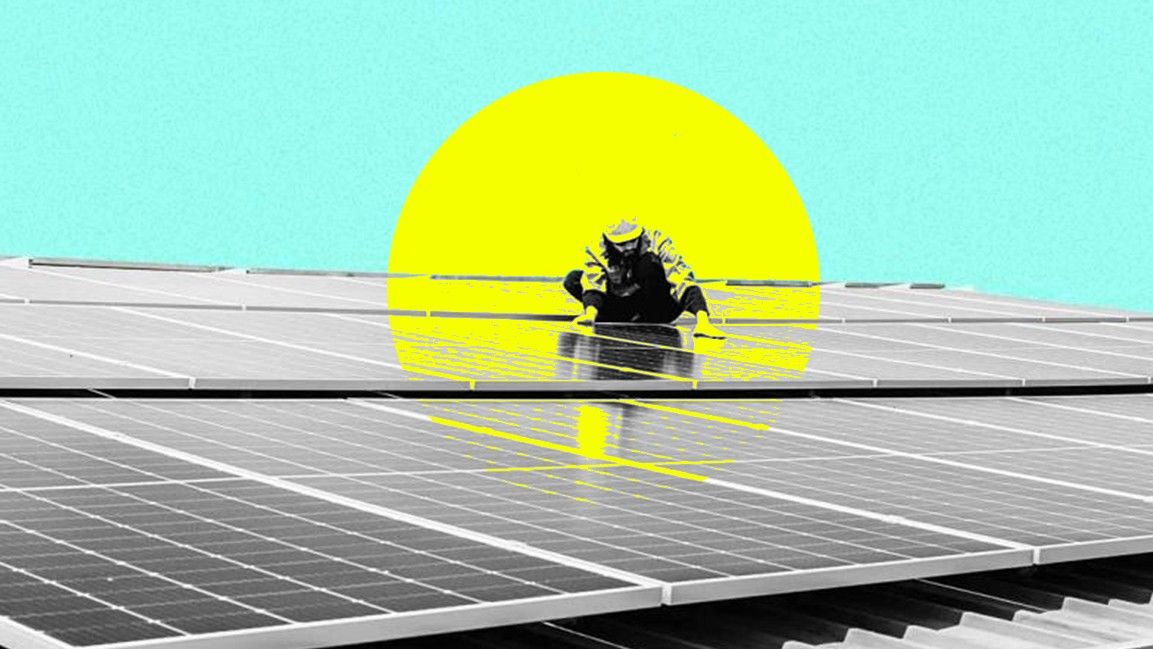- | 11:55 am
Etihad Airways tests eco-friendly solutions to hit net-zero emissions by 2050
The program will use weather forecasts to predict the likelihood of flights leaving contrails and will adjust their height accordingly.
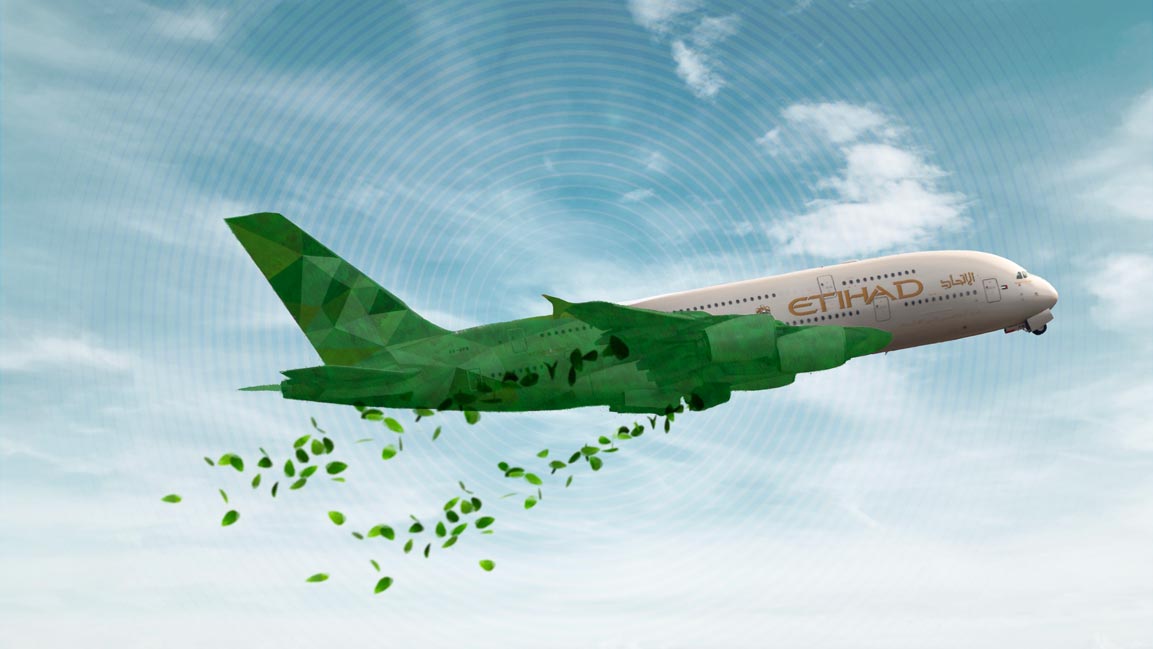
From touch-free check-ins to the use of biometrics instead of passports, technology has changed the way we fly. Grounded by the pandemic, the aviation sector has embraced innovation to take off once again. Like every other industry, airlines are also looking at sustainable alternatives for cutting down emissions.
To elevate its green credentials, the national carrier of the UAE Etihad has started testing flights that reduce environmental pollution. It does so by doing away with condensation trails that an aircraft leaves behind. These long white lines appearing in the sky are formed when soot from an airplane’s engine combines with humidity.
Although they dissipate with time, these cloud-like trails are responsible for 60% of the environmental impact caused by the aviation sector. Contrails are not formed in dry conditions, but in cold and humid weather, the vapor condenses in the form of ice on soot. Also known as contrails, they trap heat from the exhaust, which was supposed to escape into space, to cause global warming.
Etihad is testing contrail avoidance tech with 30 flights over a period of one week. It has joined hands with UK-based Satavia to carry out these tests to make flights more eco-friendly.
It’ll rely on weather forecasts to predict if a flight will leave contrails on a particular route. If there is a likelihood of an aircraft forming condensation trails due to humidity, the height can be adjusted to avoid it. After successful trials, Etihad can use the DecisionX platform to monitor its entire flight schedule, and make adjustments to prevent contrails.
The announcement aligns with Etihad’s target for net-zero emissions by 2050. It has also been exploring a synthetic fuel that combines hydrogen and carbon to achieve its goal. Contrail avoidance, on the other hand, seeks to tackle the non-CO2 emissions from aircraft. The company had launched a Greenliner Programme in 2019 alongside Boeing, to explore eco-friendly solutions. This includes plastic-free inflight products, flight deck tools for eco-friendly take-offs, and the introduction of sustainable fuels.







